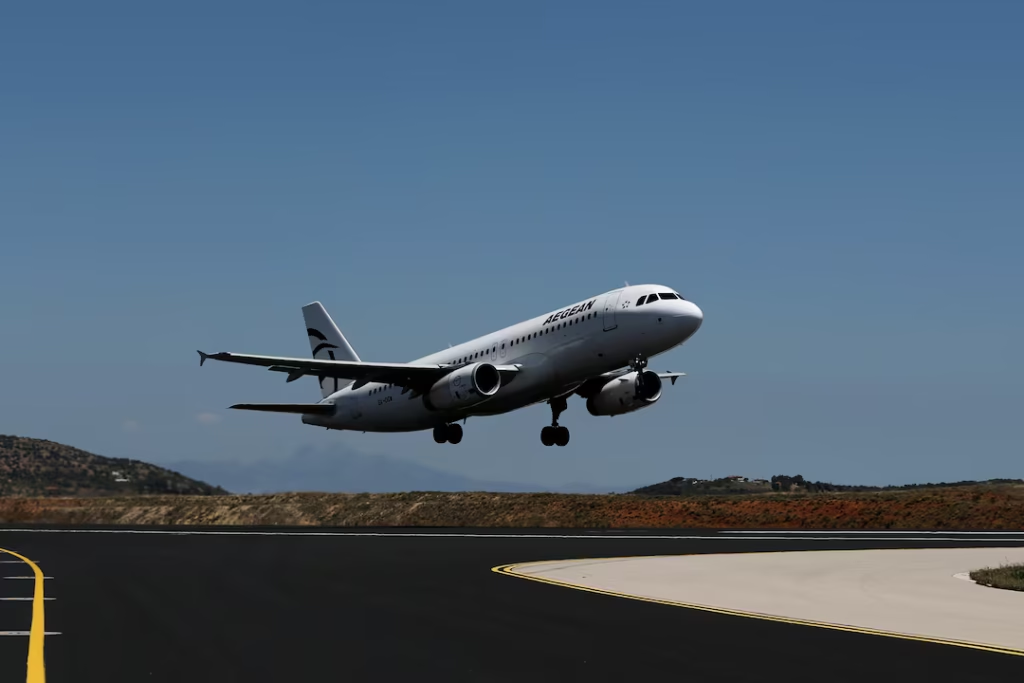Dubai, June 16, 2025 – A wave of Airlines suspensions and rerouting has hit UAE aviation as regional airspace closures disrupt key routes. Emirates, Etihad, flydubai, and Air Arabia have announced extensive cancellations affecting destinations including Jordan, Lebanon, Iran, Iraq, and Israel, following escalating missile strikes between Israel and Iran.
Strategic Disruptions by Emirates and Etihad
Emirates, based in Dubai, has suspended services to Amman, Beirut, Tehran, Baghdad, and Basra through June 30, with flights to Jordan and Lebanon temporarily halted until June 22. Its Tel Aviv service remains suspended indefinitely. The carrier urges passengers traveling via Dubai to check with their booking agents for rebooking or refunds, emphasising that passenger safety is the highest priority.
Etihad Airways, based in Abu Dhabi, has cancelled all flights to Tel Aviv until at least June 22. It is rerouting other services to avoid restricted airspace and encourages passengers to rely on its website or mobile app for real-time updates and notifications.

flydubai: A Budget Carrier Amid Volatility
flydubai has halted operations to Jordan, Lebanon, Syria (through June 16), Minsk, St. Petersburg (through June 17), Iran, Iraq, and Israel (through June 20). Notably, flights from Russia to Dubai affecting at least 22 aircraft flights were cancelled on June 13 and 14. The carrier is assisting stranded passengers with alternate travel arrangements and urging travelers to update contact information for easier communication.
Air Arabia Cuts Services in Sharjah and Abu Dhabi
Air Arabia has suspended flights to Iran, Iraq (through June 30), Jordan, Lebanon, and Russia (through June 16). Its sales offices in Tehran, Mashhad, Shiraz, and Lar are temporarily closed. Passengers transiting through Sharjah or Abu Dhabi to these destinations are not being accepted, and affected travelers are urged to contact the airline regarding rebooking or refunds.

UAE Airports Under Pressure
Dubai airports (DXB and DWC) have reported delays and cancellations as flights avoid Iranian, Iraqi, Israeli, and Jordanian airspace. Abu Dhabi Airport (AUH) warns that disruptions may continue through June 15–16, advising passengers to confirm flight statuses before departure. Sharjah Airport also issued advisories regarding delays and rerouting.
Regional Travel Advisory Issued by UAE
The UAE Ministry of Foreign Affairs released a travel advisory on June 14th, urging citizens and residents to remain in touch with airlines, especially those traveling to conflict-affected regions like Jordan, Lebanon, Syria, Iran, Iraq, and Israel. They are encouraged to register via ‘Twajudi’ and keep updated through official channels.
Israeli and Iranian Airspace Remains Closed
Escalating missile exchanges have kept Israel’s Ben Gurion Airport closed since June 13, with all flights suspended. Iran has closed its airspace since Friday with extensions lasting through Sunday afternoon to manage military activity. Though Jordan’s airspace briefly closed as a security precaution, it has reopened following reassessment.
Passenger Impact: Widespread Delays and Route Chaos
The closures have triggered a ripple effect:
- Over 500 flights were cancelled or delayed across the Middle East and key hubs like Dubai, Istanbul, Doha, and Ben Gurion Airport.
- More than 1,800 Europe-bound flights affected, with around 650 cancellations due to western carriers rerouting.
- Global airline stocks have tumbled—Lufthansa dropped around 5%, British Airways 4.6%, Delta 4%, and Ryanair 3.5%—while oil prices surged and jet fuel costs rose significantly.
- Indian carriers, especially Air India, have rerouted flights, causing delays and additional fuel costs.
Alternate Routes and Industry Response
Airlines are rerouting flights through Jordan, Saudi Arabia, Egypt, and Mediterranean corridors to bypass closed zones. Authorities in Dubai and Abu Dhabi are collaborating with airlines to manage disruptions, provide accommodation, and expedite rebookings.
Context: Escalating Israel–Iran Conflict
The flight disruptions stem from Operation Rising Lion—Israel’s June 13 strikes on Iranian nuclear and military sites—followed by Iran’s missile and drone strikes dubbed Operation True Promise III beginning the same day. This early-June escalation has claimed hundreds of lives on both sides and damaged critical infrastructure.

What Travellers Should Know and Do
- Check Flight Status: Visit your airline’s website or app for live updates.
- Update Contact Information: Ensure airlines can reach you with timely alerts.
- Rebooking & Refunds: Contact booking agents or airlines for alternatives or refunds.
- Monitor Official Advisories: Check UAE MoFA guidance and register on ‘Twajudi’ if based in the UAE.
- Plan for Delays: Anticipate acutely longer flight paths and possible layovers in third-party hubs.
Long-Term Outlook & Industry Implications
Extended closures: UAE carriers may maintain disruptions into late June as airspace restrictions persist.
Cost pressures: Airlines face higher fuel costs, longer flight times, and rerouting expenses—eroding profit margins and driving ticket premiums.
Geopolitical uncertainty: Further escalation could widen closures or trigger broader disruptions to global air corridor stability.
Conclusion
The UAE’s aviation ecosystem is navigating a complex and evolving crisis prompted by the Israel–Iran conflict. With airspace over key regional hubs locked down, travelers face cancellations, delays, and financial implications. UAE carriers and authorities are working diligently to ensure passenger welfare, facilitate rebookings, and maintain safety. Business model resilience and adaptive route management will be vital if this airspace uncertainty continues deep into summer.
Do follow UAE Stories on Instagram.
UAE Travellers: Can You Get a Refund from Non‑Refundable Flight Tickets?













